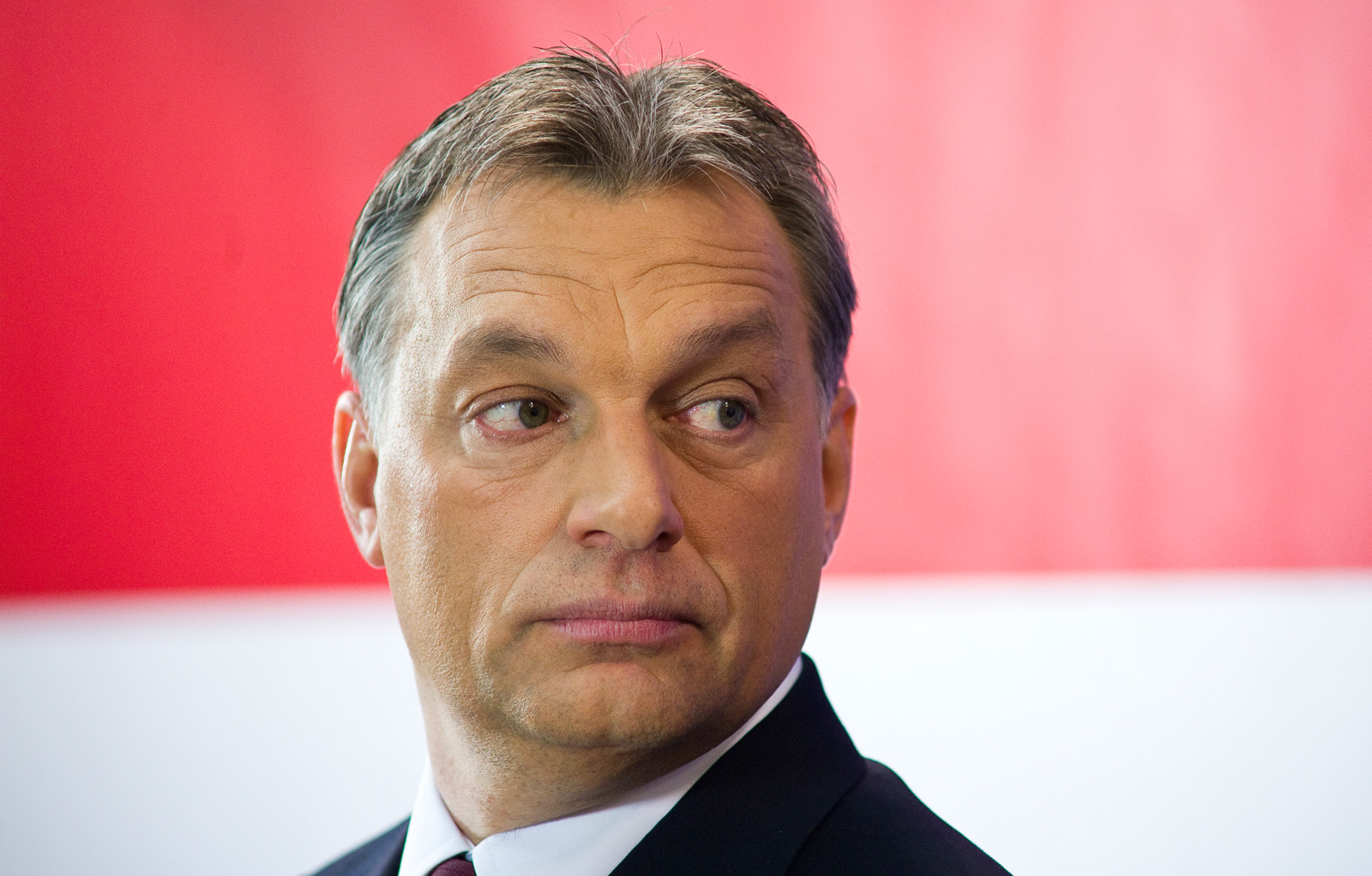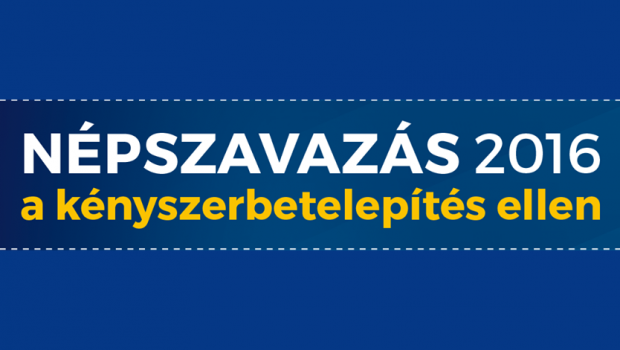Political situation in Montenegro (1/2), by Miloš Milojević.
This article has been written few days before the elections which took place on Sunday, October the 16th, and the second part of the article will comment the results of the election.
On Saturday, October the 8th, influential daily newspaper from Belgrade, Politika, have published a long interview with the Prime Minister of Montenegro, Milo Đukanović. A reason for this interview is forthcoming parliamentary elections. It will be hold in Sunday, October the 16th and it attracted a much larger public attention than earlier political events in this country. Existence and self confident activities of opposition parties can explain this public enthusiasm.
Đukanović is an inviolable figure in Montenegro’s political life. For the last twenty five years he hold the most important public functions and always was at the head of the government. His long career is marked with his frequent change of political views, financial scandals, allegedly connections with international criminal activities in the South-Eastern Europe and specific role of Montenegro in regional politics of such international powers as USA, NATO and EU. It is not easy to forecast results of forthcoming elections and medias have published that we can expect the most uncertain parliamentarian elections. At least since the referendum of independence hold in 2006. This marked the end of last incarnation of state union between Serbia and Montenegro.
The aforementioned referendum is widely considered as the climax of Đukanović’s political career. Until this event the last relic of the Socialistic Yugoslavia, the Federal Republic of Yugoslavia, survived the bloody dissolution of the Yugoslav state. Main reason for such course of events was similar mutual views of political elites in Belgrade and Podgorica. The leader of Montenegro in these turbulent moments was Momir Bulatović, a close associate of Serbian president Slobodan Milošević and political mentor of Milo Đukanović. Not many years after establishment this union enter in some kind of institutional paralysis. Even if he made some fiercely nationalistic public appearances in early 90’s Đukanović very well understood that strong pressure against FRY can have one unpleasant outcome – the end of his political career. He very well played as a proxy of Western interests which, strictly speaking, were to weaken Milošević’s regime at any price. Even if such goal includes a collaboration with some problematic figures. Đukanović have rapidly changed his political views and became an informal ally of Western powers in mutual Yugoslav state. As it can be expected such state was mostly nonfunctional with very small number of mutual institutions.
Benevolent attitude of Western powers is the core of Đukanović’s political capital. Actually in these days before elections it is one of the rare resources which he can unquestionably rely on. Namely, even if he rules for twenty five years, Montenegro hasn’t make any crucial economic or social change. The country strongly depends on foreign capital in tourism and some key industrial resources were lost during transition from communist regime. However, one of the rare achievements of Đukanović’s government – one which without dispute will survive his political career – is the strengthening of Montenegrin’s nationalism. Montenegro had a long tradition of statehood but it was widely understood in broader Serbian context as one of two modern Serbian states (other one was Principality and later Kingdom of Serbia). There is a widely hold opinion among Serbs that politics of diversification between Serbian and Montenegrin nation was part of the communist agenda after Second World War. However this process had its climax during late 90’s and early 2000’s when Đukanović’s was leading politician in Montenegro.
This is reason why the national question is prominent in this election. The crucial themes of referendum for independence are again very lively. For example Đukanović names his political opponents traitors, traditional losers and Russian puppets. In the same time Democratic Front coalition and its leader Andrija Mandić have announced that Montenegro will withdraw recognition of independence of Kosovo (Montenegro recognized Republic of Kosovo on October the 9th, 2008, about half a year after Kosovo declared independence) and that they will hold referendum about Montenegro’s integration into NATO. Mandić very well chose his themes – both questions are very important for most voters of Serbian nationality. It is well known that most Serbs in Montenegro are against Đukanović’s regime. According to research of Serbian NGO Progressive club from Belgrade condition of national rights of Serbs in Montenegro are in very bad shape. The Serbs who are about 30% of whole population are underrepresented in public services, there are problems with education in Serbian language and state support for Serbian national organizations and projects. In all these areas situation in Montenegro is far away from European standards in this area.
What are reasons for optimism among voters and leaders of opposition, even if Đukanović’s party has a little advantage? First and foremost it is the fact that Đukanović’s party will participate at election without coalition with other parties. Without support of other parties different combinations are possible after election even if opposition don’t have majority of seats. Democratic Front appears very self confident, its campaign is very creative and technically sophisticated. The protest from last year which lasted for several days have showed that regime is not omnipotent and that organized protest of citizens can seriously shake it.
Montenegro is just few steps away from NATO membership. Ten countries, members of this alliance, ratified the Accession protocol. It is very probable that other members will do so soon. Presumably, in headquarters of Alliance as in relevant American diplomatic circles are held that situation in Montenegro develop in right direction and that their strategic advance in this country is secured. Maybe some Western leaders think that any political change in the country is ephemeral and without influence for its strategic orientation. It is very hard to know if we should consider the rise of opposition as sign of Russian growing influence in Montenegro and revival of Russian politics in Balkans region. Does Russia try to counterbalance Western influence and eventually recover its position in a country which was a traditional Russian ally? If we can speak about some consistent Russian Balkan’s politics it is mostly a series of defensive reactions and intuitive movements and it is very probable that it is meaningless to speak about some wide, clearly postulated strategy.
It is without dispute that eventual political change in Montenegro will be seen among Russian officials as a beneficial development. However, if we take into account strong position of Western powers in other states in the region – including Serbia – it is questionable if a change of government in Podgorica would have some wider influence. Relationship between Milo Đukanović and Serbian Prime Minister Aleksandar Vučić is very well and it is reasonable to expect some change between Belgrade and Podgorica if Đukanović loses the power.
If we put different expectations aside we can confidently affirm that Montenegro expects the most uncertain post-electoral night in the last ten or so years. The leader of this country who have ruled it since post communist transition has some reasons to be nervous. The high bets overcome interests of local players.
End of part 1/2.



